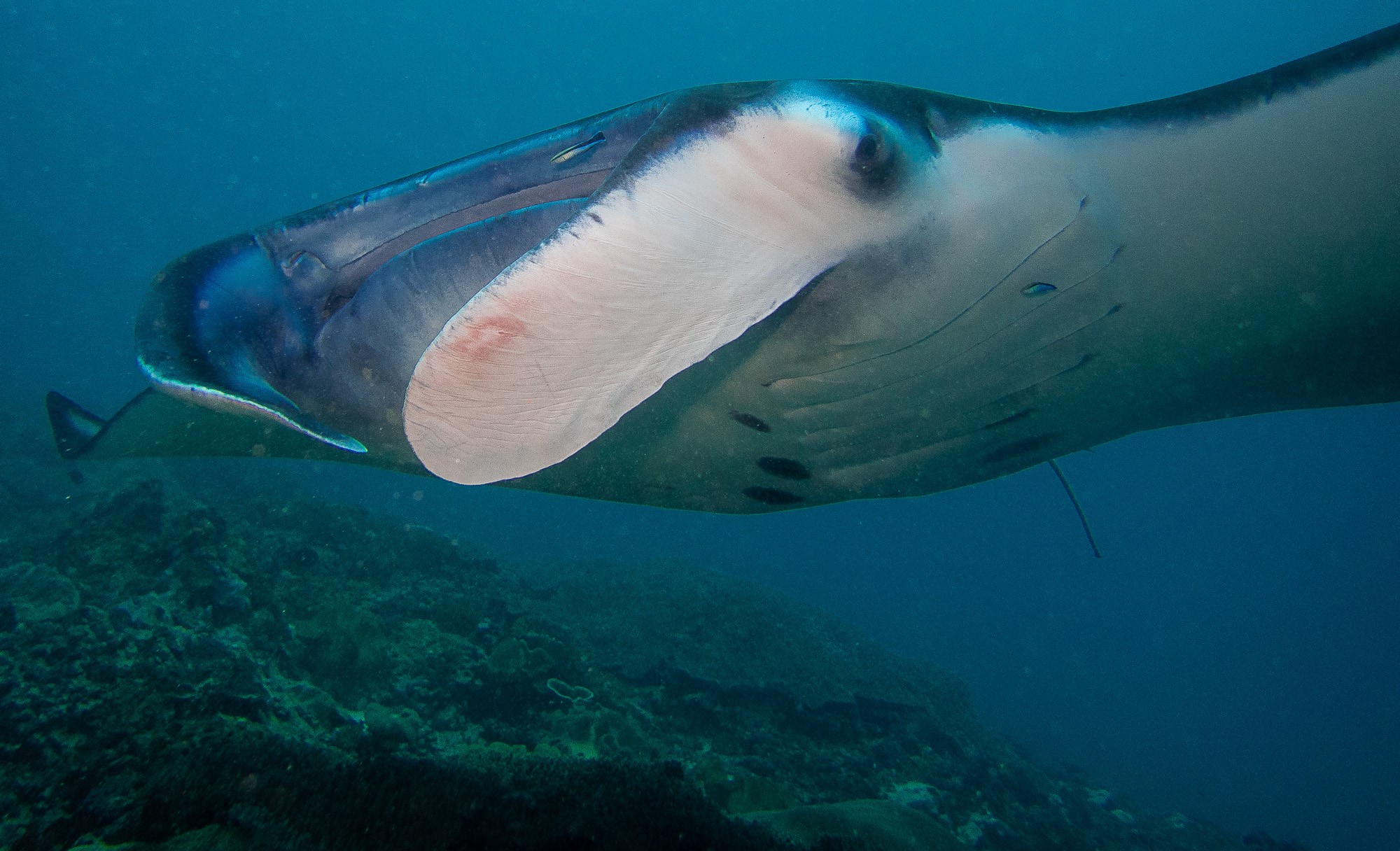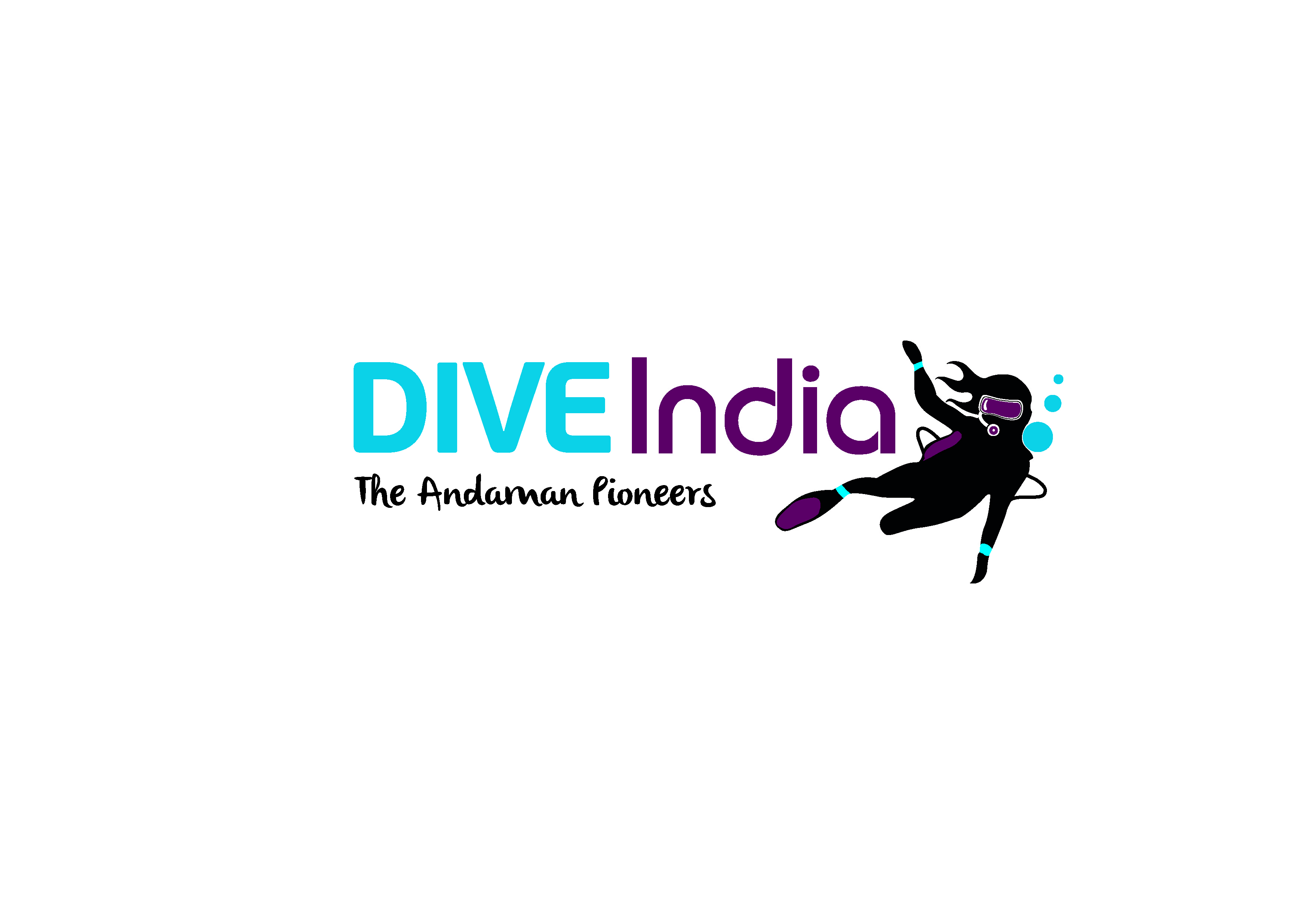NOTE: This article and the accompanying video are intended to provide a summary/top-level view of the risks associated with diving after COVID. Many of these risks are theoretical; further, the data as well as suggested best practices are in a state of evolution and so may be subject to change. We will try our best to provide regular updates to this post, but please be aware that this is not intended to replace medical advice from a qualified doctor (Dr Google does not count – and yes, we are aware of the irony if you came across this article via Google!).
As the world starts to re-open, and we all start thinking of getting back under the water, please be aware that diving after Covid is not necessarily as simple as just “recover fully – go diving”. Depending on the duration and degree of your symptoms, there may be associated risks that only make themselves known when you breathe pressurized air.
Now, keep in mind that at present, a lot of these risks are anecdotal, or at best, based on limited sample sizes. So by nature, the recommendations made by the doctors are conservative in nature (and a list of references is provided at the end for those who want to dig deeper into the subject).
However, given the potential impact of these risks coming to pass, we strongly encourage you to spend the time and effort to get these tests done in advance before resuming diving.
RISKS ASSOCIATED WITH DIVING AFTER COVID
There are several risks associated with COVID, each of which can have an impact on you when diving:
General loss of fitness
While diving is mostly an easy activity, there are times when you do need to work a little – eg, surface swims in choppy waters or swimming against the current. Loss of fitness obviously makes the dive more challenging physically, but can also induce psychological stress/sense of losing control, which is not a lot of fun.
Fibrosis/scarring of lungs
This is a big one. Fibrosis/scarring of the lungs has been observed in a significant number of people and one of the most common issues associated with it is reduced pulmonary function, which can result in exercise-induced dyspnea (shortage of breath) and the same physical/psychological stress discussed earlier.
However, there is also a potentially increased risk of DCS (due to uncertainty about how this affects gas absorption models). And there is also the potentially increased risk of lung barotrauma, due to gas getting trapped in the alveoli of the affected areas.
At present, studies are still ongoing on the actual risk, but until there is firm data on what those risks are, it is better to play it safe and be extra cautious.
Cardiac issues
A very large fraction (up to 25%) of people who were hospitalized with COVID have also been affected by cardiovascular complications of some sort or the other. And given that diving poses an incrementally greater load on the heart due to the pressure of the blood, this means that again, there is a potentially greater risk of cardiac issues when diving.
The same caveats apply – the signs clearly indicate a potential risk. So until there is further study on where the safety line gets drawn, it is better to err on the side of caution.
RECOMMENDATIONS FOR DIVERS
This bears repeating again: we are not doctors. We are dive bums who refuse to confirm or deny whether we pee in our wetsuits. This is not meant to be specific medical advice for you. This is just a general guideline based on various sources online as well as recommendations of our own diving physician. Treat this is a bare minimum but speak to your doctor. If your doctor recommends a more rigorous test procedure, by all means listen to your doctor. And remember – nothing prevents you from choosing a more rigorous set of tests either. Better safe than sorry!
Also, let’s define “COVID recovery” for the purposes of this section – it is defined as the time when you have (a) finally tested negative AND (b) are fully recovered with no lingering symptoms AND (c) have reached your normal baseline level of fitness. All 3 conditions have to be met for you to consider yourself as having recovered.
With that out of the way, these are the current broad guidelines on when you can resume diving after Covid. In all cases, please speak to the doctor who was treating you, and get his/her clearance – if s/he recommends a follow-up with a specialist, get that done.
Asymptomatic Patients
Asymptomatic COVID patients should wait a minimum of 30 days after COVID recovery (as defined above) before getting back in the water.
Mildly Symptomatic Patients
It is recommended that patients suffering from very mild symptoms wait for a period of 30 days to 3 months after full recovery, depending on the severity of their symptoms and then get, at minimum (or more if recommended by your doctor), the following tests done and reviewed by a specialist before getting back in the water:
- Chest XRay/ECG
- Clearance from a pulmonary specialist
Moderate to Severely Symptomatic Patients
If a diver has suffered severe symptoms, including hospitalization, s/he should wait a period of 3-6 months after full recovery (again, depending on the severity of the symptoms) and then undergo the following tests at minimum (or more, if recommended by your doctor) before getting getting back in the water:
- Complete pulmonary testing
- CT scan of lungs
- Exercise/cardiac stress test, preferably with spO2
- Clearance by both a cardiac and a pulmonary specialist
If you have been on a respirator, my personal recommendation is that you do not dive for now and wait for more detailed studies to be completed first. It isn’t worth taking the risk! Similarly, a few cases of people with long Covid also have reported issues of neurological or cognitive dysfunction – that has to be addressed/resolved before they are to be considered as fully recovered.
In each of the cases above, note that you wait the appropriate duration and THEN undergo the appropriate tests.
If your doctor recommends a waiting period that is shorter than what is suggested above, we will still recommend you play it safe and wait for longer (obviously, if your doctor does have experience with diving medicine, that’s a different story). This is not to impugn on the doctor’s credentials – but more to do with risk management as a diver. Remember: not many establishments in India have the expertise to deal with diving-related issues, and your typical dive destination is also further away from the top medical facilities. So better to be safe.
Also, if you would like a consult with a diving specialist, please contact us and we will put you in touch with Dr Partha, our diving specialist.
THINGS TO BE AWARE OF WHEN YOU RESUME DIVING
So you have done your tests, you have cleared the recommended tests, waited the appropriate amount of time (and then a bit longer, as befitting a conservative diver) and finally, it is time to go diving.
Be aware of a couple of things, especially initially: the first is extra fatigue after diving, which could be a sign of sub-clinical DCS or a sign that something is not kosher with your cardio-pulmonary functions. Also be very careful about shortness of breath – if you feel even remotely out of breath, abort the dive immediately and get back to the surface.
And be extra careful about your typical diving parameters – the first dive trip may be a good time to increase your computer’s conservative setting by one level, or to be extra cautious about staying within your NDLS. Make sure you do a slow ascent and perhaps throw in a longer safety stop. Hydrate well between dives. Etc. etc. You know the drill – you have learned it in Open Water. Time to play it by the book, if you aren’t already doing so.
We understand the eagerness to get back in the water – we are itching to do so, as well. But this is a sport for a lifetime – don’t ruin it for yourself by being a little too hasty initially.
Safe diving!
REFERENCES
The following is a list of useful articles to read. When reading, please note the dates of publication and be aware that some of the info may be replaced by more recent findings. This is very much an evolving science right now.
What divers need to know about cardiac health (general article on cardiac health for divers
AHA: What COVID is doing to the heart, even after recovery (cardiac risks after COVID)
DAN Europe’s flowchart for resuming diving (based on current best practices – may be subject to change as the science and knowledge evolves)
USC San Diego Guidelines for Evaluating Divers during the COVID-19 pandemic (a leading report from May 2020 that is driving the direction of current thinking/research)
What you should know about diving after COVID-19 (an Apr 2021 summary, has links to additional studies as well)
DAN Europe Physicians’ Field Experience Regarding Diving after COVID-19 (an Apr 2021 report with more anecdotal info on the risks flagged by the USC report, and more)
NIH: Fitness to Dive and Medical Assessment Guidelines (from Sep 2020)
Undersea & Hyperbaric Medical Society – Return to Diving Post Covid-19 (older paper from April 2020)



